hotline:020-29026320 |13903018415
-
-
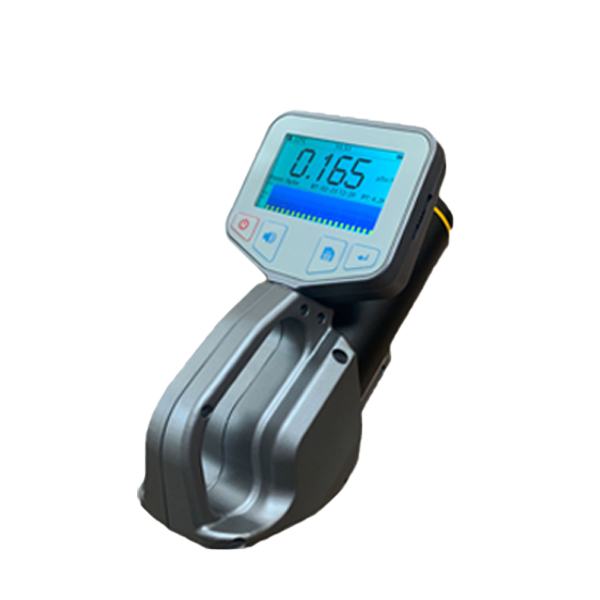
Radiation detection instrumentation
-
HYGP-2223 exposure type X, γ radiation measuring instrument
-
HYGP-2223BX, gamma dose rate meter (with tripod)
-
FI-329M intelligent household nuclear radiation detector
-
HY-2000M digital multi-channel gamma spectrometer
显示更多 -
-
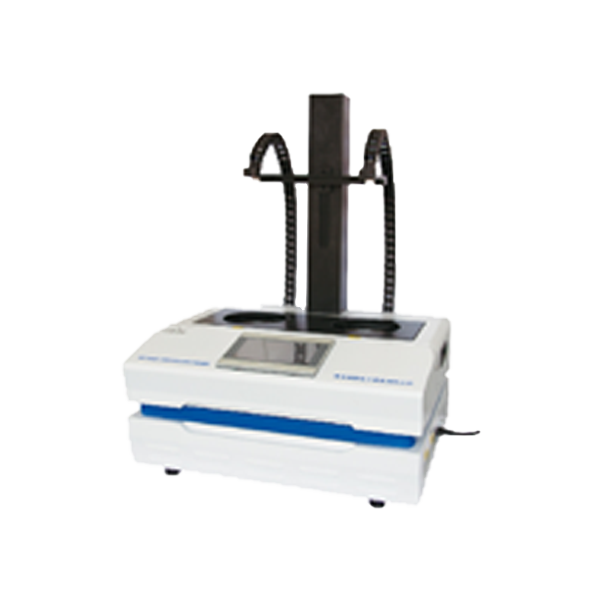
Laboratory Equipment
-
Radioactive distillation apparatus in water
-
2200Q portable turbidity meter
-
SPE Solid Phase Extraction Device
-
Portable spectrophotometer
显示更多 -
-
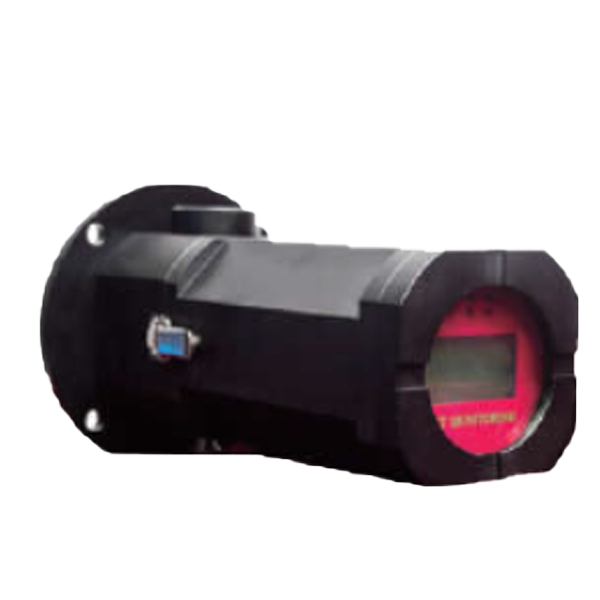
Portable environmental monitoring equipment
-
VOCs gas analyzer
-
Portable handheld VOC detector
-
Portable all-in-one multi-parameter analyzer
-
Dust detector
显示更多 -
-
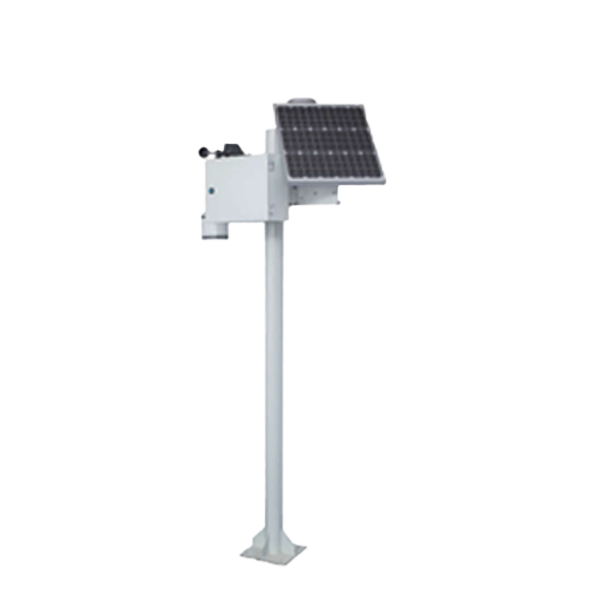
Environmental online monitoring system
-
CM-WG8200 grid air quality detection system
-
On-line monitoring system for CM-VOCs-5000 volatile organic compounds
显示更多 -
-
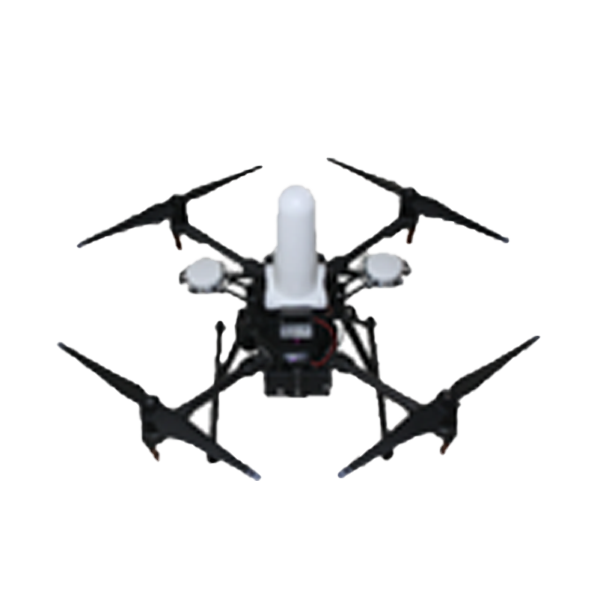
UAV Online Environmental Monitoring
-
OS-2 UAV Electromagnetic Environment Monitoring System
-
Nuclear emergency radioactive source search UAV
-
UAV Monitoring System
显示更多 -
-
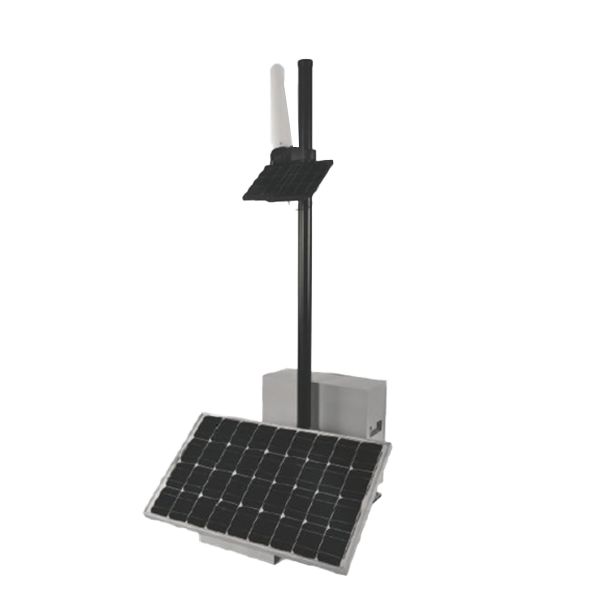
On-line Monitoring System of Electromagnetic Radiation
-
On-line Monitoring System of Electromagnetic Radiation
-
Automatic Monitoring System of HYEH460 Electromagnetic Radiation
-
HY-900A launch type radiation environment automatic monitoring station
-
OS-8 S Frequency Selective Electromagnetic Environment Online Monitoring System
显示更多 -
-
Essential Tips for Handling Radiation Instruments
2025-07-09
Essential Tips for Handling Radiation Instruments
Understanding Radiation Instruments
Radiation instruments, known in Chinese as radiation instruments, are crucial tools for measuring and detecting various forms of radiation. Whether you’re a professional in the field of nuclear science or a curious hobbyist, getting acquainted with these devices is vital. But hold on! Before diving into usage, let’s cover some essential precautions.
Safety First: The Golden Rule
First off, safety should always be your top priority. You wouldn’t drive a car without buckling up, right? The same goes for handling radiation instruments. Always wear protective gear, including gloves and goggles, to minimize exposure. Remember, even a little bit of radiation can add up over time!
Know Your Equipment
Just like you wouldn’t use a wrench to tighten a screw, using the wrong radiation instrument can lead to inaccurate readings. Familiarize yourself with the types of radiation instruments available—Geiger counters, scintillation detectors, and dosimeters, to name a few. Each serves a specific purpose, so understanding their functions will save you from headaches down the road.
Calibration is Key
Now, let’s talk about calibration—an absolute must! Using a radiation instrument that hasn’t been calibrated can lead to misreadings that might put you at risk. Always check your device’s calibration date and follow the manufacturer’s guidelines to ensure accuracy. It’s like checking the air pressure in your tires; you wouldn’t want a flat!
Environment Matters
When using radiation instruments, be mindful of your surroundings. You don’t want to be measuring radiation levels in a crowded area where people are inadvertently exposed. Choose a controlled environment, if possible, to ensure accurate readings. Also, be aware of potential interference from other equipment. It’s a good idea to clear your workspace of unnecessary gadgets—less clutter, less confusion!
Record Keeping: Your Lifesaver
Don’t overlook the importance of keeping records! Documenting your readings can help you track trends over time and identify any potential issues early. It’s a bit like keeping a diary for your health—you’ll thank yourself later.
Training is Non-Negotiable
Before you touch that radiation instrument, consider undergoing proper training. Knowledge is power, folks! Training programs often cover not just how to use the devices, but also the best safety practices and emergency procedures. It’s way better to be prepared than to panic.
Disposal Protocols
Last but definitely not least, familiarize yourself with the disposal protocols for any materials or instruments that may have been exposed to radiation. This is crucial for both environmental safety and public health. Improper disposal can lead to contamination, which is a big no-no!
Wrapping It Up
In conclusion, handling radiation instruments requires responsibility, knowledge, and a bit of common sense. By keeping safety at the forefront, understanding your equipment, and following proper protocols, you’ll be well-equipped to detect radiation safely and effectively. So, go ahead and explore, but remember—safety first!

COOKIES
Our website uses cookies and similar technologies to personalize the advertising shown to you and to help you get the best experience on our website. For more information, see our Privacy & Cookie Policy
COOKIES
Our website uses cookies and similar technologies to personalize the advertising shown to you and to help you get the best experience on our website. For more information, see our Privacy & Cookie Policy
These cookies are necessary for basic functions such as payment. Standard cookies cannot be turned off and do not store any of your information.
These cookies collect information, such as how many people are using our site or which pages are popular, to help us improve the customer experience. Turning these cookies off will mean we can't collect information to improve your experience.
These cookies enable the website to provide enhanced functionality and personalization. They may be set by us or by third-party providers whose services we have added to our pages. If you do not allow these cookies, some or all of these services may not function properly.
These cookies help us understand what you are interested in so that we can show you relevant advertising on other websites. Turning these cookies off will mean we are unable to show you any personalized advertising.
online message
Telephone:13903018415(Manager Wang)
Business: 020-29026320
E-mail:wangxueli@haiyoukj.com
Address: Room 703, Tian 'an Innovation Building, Panyu Energy Saving Science Park, 555 Panyu Avenue North, Donghuan Street, Panyu District, Guangzhou

Sweep code attention

